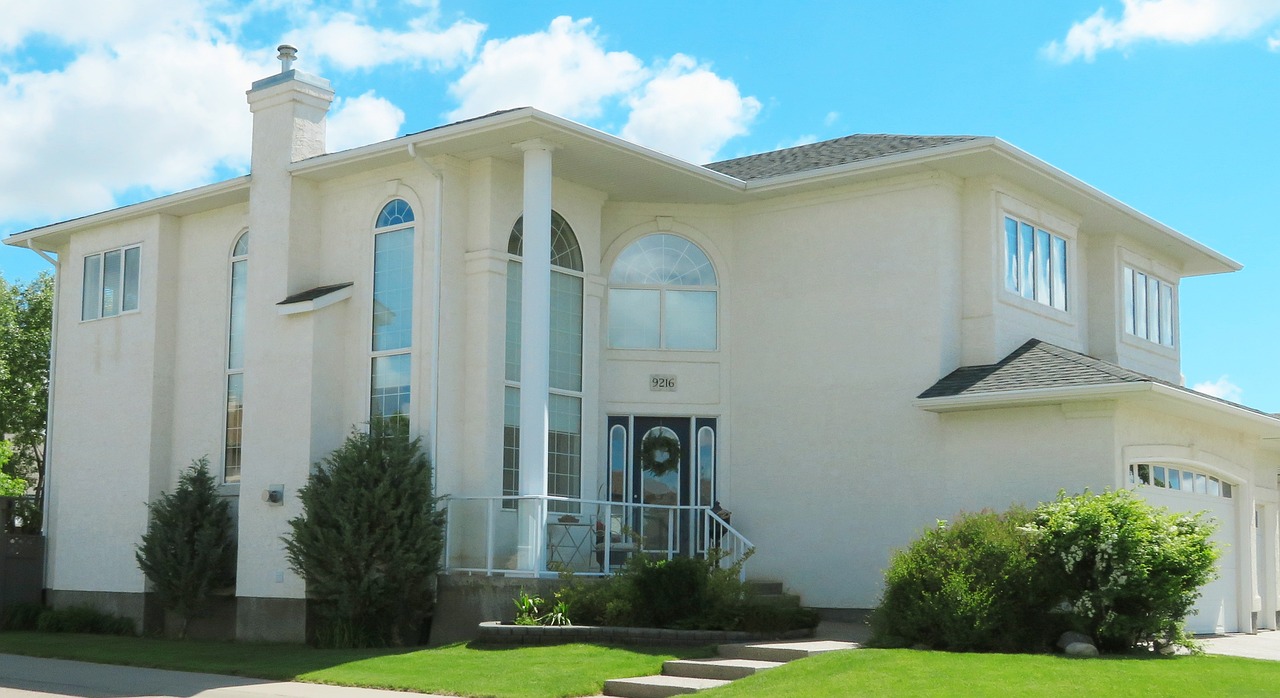Incorporating Smart Lighting Solutions into Your Home
Smart lighting is an innovative system that allows you to control the lighting in your home remotely through a smartphone or voice commands. By connecting your lights to a central hub, you can customize the brightness, color, and timing of your lights to create the perfect ambiance for any occasion.
One of the key components of smart lighting is the ability to set schedules and timers for your lights. This feature not only adds convenience to your daily routine but also helps save energy by ensuring that lights are only on when needed. Additionally, smart lighting systems can be integrated with other smart home devices, allowing for a seamless and interconnected home automation experience.
Benefits of Smart Lighting
Smart lighting offers a variety of benefits that can enhance the functionality and ambiance of any space. One major advantage is the ability to customize the lighting settings according to personal preferences and needs. Whether it’s adjusting the brightness, color temperature, or scheduling the lights to turn on and off automatically, smart lighting allows for greater control and convenience.
In addition, smart lighting can contribute to energy efficiency by enabling users to optimize their lighting usage. Features such as motion sensors and remote access via smartphone apps can help reduce unnecessary energy consumption and lower electricity bills. By utilizing smart lighting technology, individuals can create a more sustainable and eco-friendly lighting environment in their homes or workplaces.
What is smart lighting?
Smart lighting refers to lighting systems that are controlled remotely or automatically through smart devices such as smartphones, tablets, or voice assistants.
How does smart lighting work?
Smart lighting works by using wireless communication technologies such as Wi-Fi, Bluetooth, or Zigbee to connect the lighting devices to a central control system, which allows users to adjust the lighting settings from anywhere.
What are the benefits of smart lighting?
Some of the benefits of smart lighting include energy efficiency, convenience, customization of lighting settings, improved security, and potential cost savings on energy bills.
Can smart lighting help save energy?
Yes, smart lighting can help save energy by allowing users to schedule lighting patterns, adjust brightness levels, and turn off lights remotely when not in use, thereby reducing energy consumption.
Is smart lighting easy to install?
Smart lighting systems are typically easy to install, especially if they are designed for DIY installation. Some systems may require professional installation for more complex setups.
Are there any drawbacks to using smart lighting?
Some potential drawbacks of smart lighting include initial setup costs, compatibility issues with existing lighting fixtures, and security concerns related to data privacy and potential hacking risks.
Can smart lighting be controlled while away from home?
Yes, most smart lighting systems can be controlled remotely through smartphone apps or web interfaces, allowing users to adjust the lighting settings even when they are not at home.
Are there any health benefits associated with smart lighting?
Some studies suggest that smart lighting systems that mimic natural daylight patterns can help improve sleep quality, enhance mood, and boost productivity by regulating the body’s circadian rhythm.







